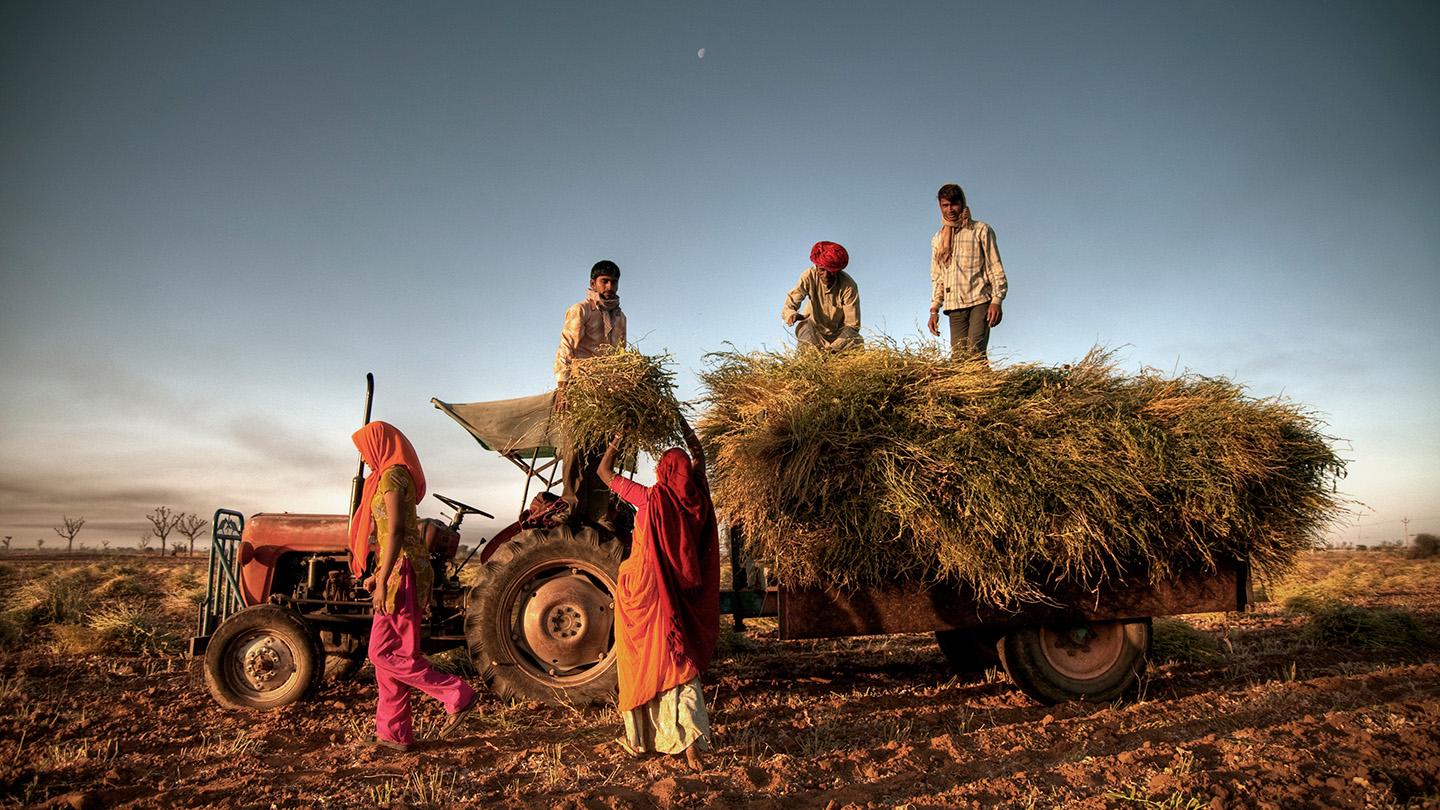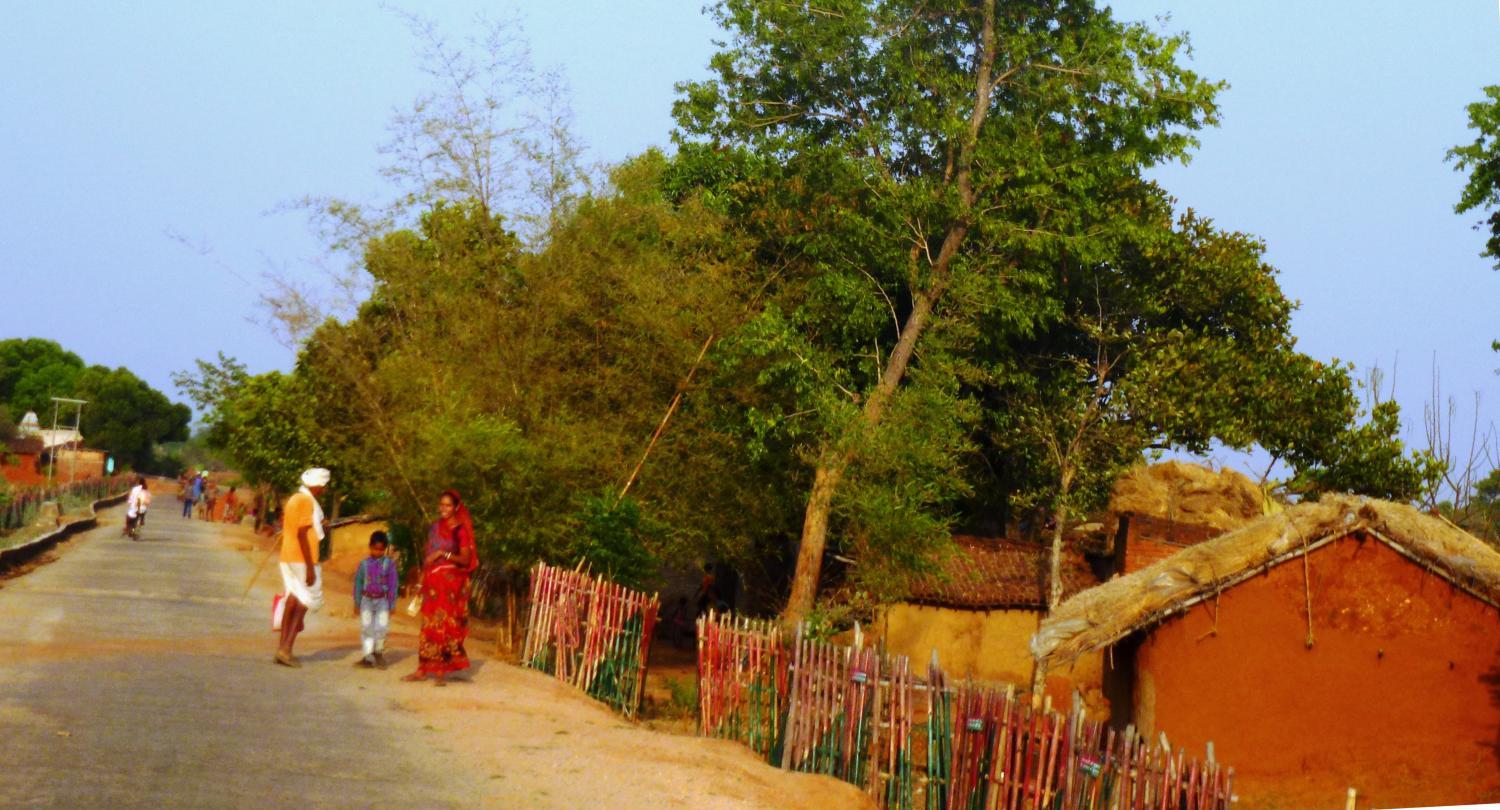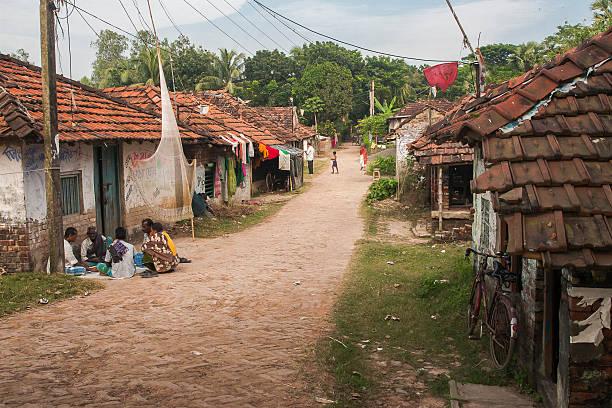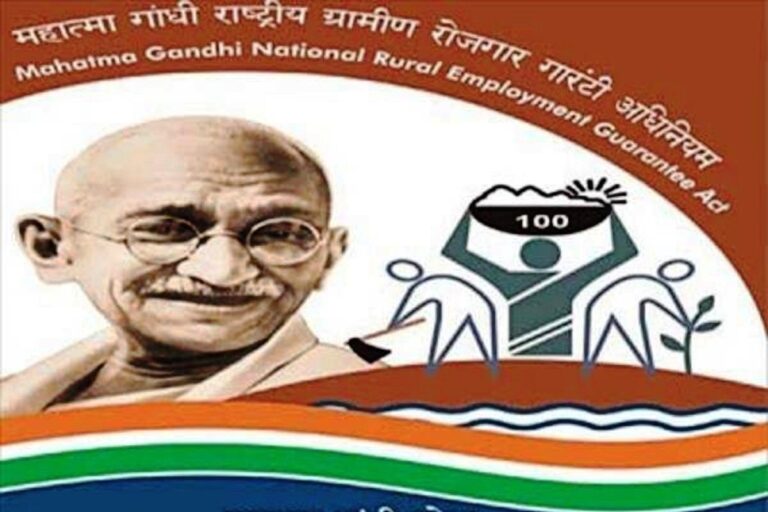In the picturesque heart of rural India, where the sun rises over sprawling fields and the rhythm of life is dictated by the seasons, a silent revolution is underway. The Mahatma Gandhi National Rural Employment Guarantee Act (MGNREGA) stands as a beacon of hope, illuminating paths to economic stability and social equity for millions. Enacted in 2005, this groundbreaking legislation promises not just a wage, but a lifeline for those engaged in the daily struggle for survival. As the program unfolds in villages across the nation, its impact extends far beyond mere employment—fueling aspirations, empowering communities, and reshaping the very fabric of rural life. Join us as we delve into the transformative effects of MGNREGA, exploring how it has redefined resilience in the face of adversity and fostered a sense of dignity among the rural populace. Through stories of hope and determination, we uncover the profound changes initiated by this ambitious initiative, illustrating its role in crafting a brighter future for rural India.
Enhancing Livelihood Security through MGNREGA Initiatives
The Mahatma Gandhi National Rural Employment Guarantee Act (MGNREGA) has emerged as a powerful tool for enhancing livelihood security in rural India. By ensuring a legal guarantee of at least 100 days of unskilled wage employment in a financial year to every rural household, the initiative seeks to bolster economic resilience among vulnerable populations. This employment not only provides immediate financial relief but also encourages skill development and community participation. Key aspects of this initiative include:
- Job Creation: Direct employment opportunities contribute to reducing rural poverty.
- Income Stability: Consistent wages ensure families can meet basic needs, enhancing food security.
- Infrastructure Development: The creation of durable assets like roads, water conservation structures, and irrigation canals improves local amenities.
- Empowerment of Women: Increased employment of women leads to greater gender equality and financial independence.
Moreover, the scheme serves as a safety net during periods of economic distress, shielding rural families from exploitation and migration. By linking employment with the creation of sustainable rural infrastructure, MGNREGA strengthens the foundation of rural economies, ensuring long-term benefits. A brief overview of the impact of MGNREGA initiatives across various states showcases its effectiveness:
| State | Employment Generated (in Lakhs) | Women Participation (%) | Projects Completed |
|---|---|---|---|
| Maharashtra | 120 | 50 | 2,000 |
| Rajasthan | 140 | 48 | 3,500 |
| Uttar Pradesh | 200 | 45 | 4,000 |
| Kerala | 80 | 55 | 1,500 |

Building Sustainable Infrastructure in Rural Communities
In rural India, sustainable infrastructure development is pivotal for facilitating growth and enhancing the quality of life. One effective way this is being achieved is through the Mahatma Gandhi National Rural Employment Guarantee Act (MGNREGA), which not only assures 100 days of wage employment but also directs significant resources towards the construction of vital community assets. These assets include:
- Roads and pathways: Improving transportation links, making markets more accessible.
- Water conservation structures: Building check dams and canals to promote rainwater harvesting.
- Public buildings: Constructing schools and health facilities that serve the community.
The emphasis on eco-friendly practices in these projects ensures long-lasting benefits for the environment and local economies. By focusing on projects that utilize local materials and traditional techniques, communities can effectively reduce their carbon footprint while fostering employment opportunities. This holistic approach leads to a greater sense of ownership among residents, empowering them to take charge of their environment and livelihoods, thus creating a resilient framework for future development.

Strengthening Social Empowerment and Gender Equality
In rural India, the Mahatma Gandhi National Rural Employment Guarantee Act (MGNREGA) serves as a powerful instrument for catalyzing change, particularly in the realms of social empowerment and gender equality. By ensuring a minimum of 100 days of wage employment in a financial year for every rural household, this initiative has opened doors for marginalized communities, allowing them to gain not only economic independence but also a voice in local decision-making processes. Women, who often face systemic barriers in the workforce, have become pivotal contributors to their families’ incomes, leading to a shift in traditional gender roles and fostering an environment where both genders share responsibilities.
The transformative effects of MGNREGA are evident through various grassroots initiatives aimed at enhancing women’s participation and decision-making in their communities. Key aspects to note include:
- Skill Development: Programs designed to enhance women’s skills in areas such as construction, agriculture, and handicrafts.
- Collective Action: Formation of self-help groups that empower women to voice their needs and work collectively.
- Financial Inclusion: Women are increasingly gaining access to banking services, enabling them to manage their own finances.
Data reflecting the impact of these initiatives can be summarized as follows:
| Indicator | Before MGNREGA | After MGNREGA |
|---|---|---|
| Women’s Workforce Participation | 15% | 35% |
| Income Levels | $50/month | $100/month |
| Access to Education | 60% | 85% |
These advancements not only uplift women’s status within their families and communities but also contribute to the broader goal of sustainable development. As rural India continues its journey towards economic empowerment, the emphasis on gender equality remains vital for fostering an inclusive and equitable society.

Evaluating Challenges and Proposing Pathways for Improvement
The Mahatma Gandhi National Rural Employment Guarantee Act (MGNREGA) has undeniably transformed the landscape of rural employment in India. However, the implementation of this vital program faces several challenges that can hinder its effectiveness. Issues such as
- Poor awareness: Many rural citizens remain oblivious to their rights under MGNREGA.
- Corruption: Misappropriation of funds can undermine the program’s intent.
- Inadequate monitoring: Lack of rigorous oversight often leads to inefficient resource allocation.
To address these challenges, proactive strategies must be established. Leveraging technology for better information dissemination can empower rural households, ensuring they are aware of their entitlements and the processes involved. Additionally, implementing strict accountability measures can mitigate corruption while enhancing the overall transparency of the program.
Furthermore, promoting community participation in MGNREGA processes can foster a sense of ownership and responsibility among rural citizens. This approach could involve:
- Establishing local oversight committees: These bodies can monitor projects and ensure funds are utilized effectively.
- Encouraging feedback mechanisms: Creating channels for beneficiaries to voice concerns can help identify and rectify issues swiftly.
- Enhancing skill development programs: Upskilling the rural workforce aligns their capabilities with the types of employment provided under MGNREGA, increasing job satisfaction and productivity.
Through these methods, the potential of MGNREGA can be fully harnessed, ensuring it becomes a robust tool for sustainable rural development.
Concluding Remarks
In the tapestry of rural India, the threads of hope and resilience are woven together by initiatives like the Mahatma Gandhi National Rural Employment Guarantee Act (MGNREGA). As we conclude our exploration of its profound impact, it becomes clear that this landmark legislation is not just about employment—it’s a catalyst for transformation. From enhancing livelihoods to empowering women and fostering community participation, MGNREGA stands as a testament to the potential of inclusive development.
Yet, the journey doesn’t end here. The challenges are many, and the path forward requires collective effort—governments, NGOs, and communities must collaborate to address issues of accessibility, wage disparities, and awareness. As we reflect on the strides made and the work still ahead, let us remain committed to harnessing the spirit of MGNREGA, ensuring that its promise continues to uplift and empower the rural heart of India. In doing so, we pave the way for a brighter, more equitable future—one where everyone, irrespective of their geographical location, has the opportunity to thrive.

